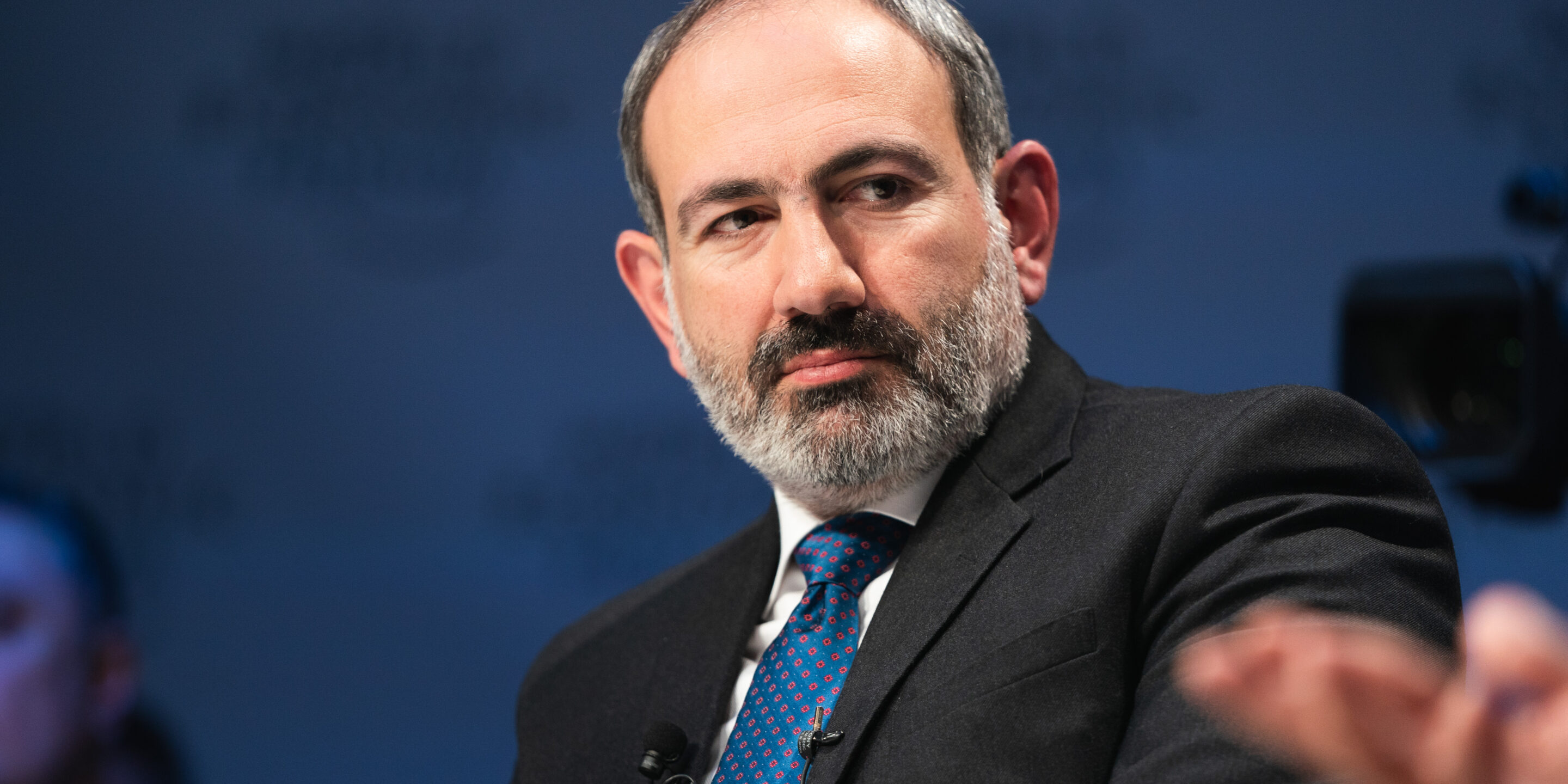February 2, 2024
The Armenia-Azerbaijan conflict demands American diplomacy — without NATO overreach

Early this year, the United States placed Azerbaijan on a watchlist for violating religious freedom after it invaded Nagorno-Karabakh, a region with Christian religious sites. The move, which could include sanctions, is one of several steps the United States has taken to punish Azerbaijan for its unprovoked aggression; in November, the Senate unanimously voted for legislation to reduce military aid to Azerbaijan.
Potential sanctions and limiting military aid are part of a growing consensus that aiding Azerbaijan is not a priority for the United States, if it ever was. But the vote raises questions about the United States’s role in the Armenia-Azerbaijan conflict overall.
Reducing conflict abroad is a noble goal in American foreign policy, but the way that Washington has historically approached foreign conflict has often exacerbated it. Lawmakers should acknowledge two realities and act accordingly: first, that the outcome of the Armenia-Azerbaijan conflict has limited connections to American interests and security, and second, U.S. involvement in the conflict has typically been a method of combating Russia that could lead to longer-term conflict, both in the Caucasus and between the United States and Russia directly.
Instead of ignoring the atrocities of unprovoked conflict and ethnic cleansing from Azerbaijan or arming either side, the United States should become a mediator.
Author

Zachary
Weiss
Contributing Fellow
More on Eurasia

Featuring William Walldorf
March 24, 2025

Featuring Jennifer Kavanagh
March 24, 2025

Featuring Jennifer Kavanagh
March 19, 2025

By Rajan Menon
March 19, 2025
Events on Grand strategy




